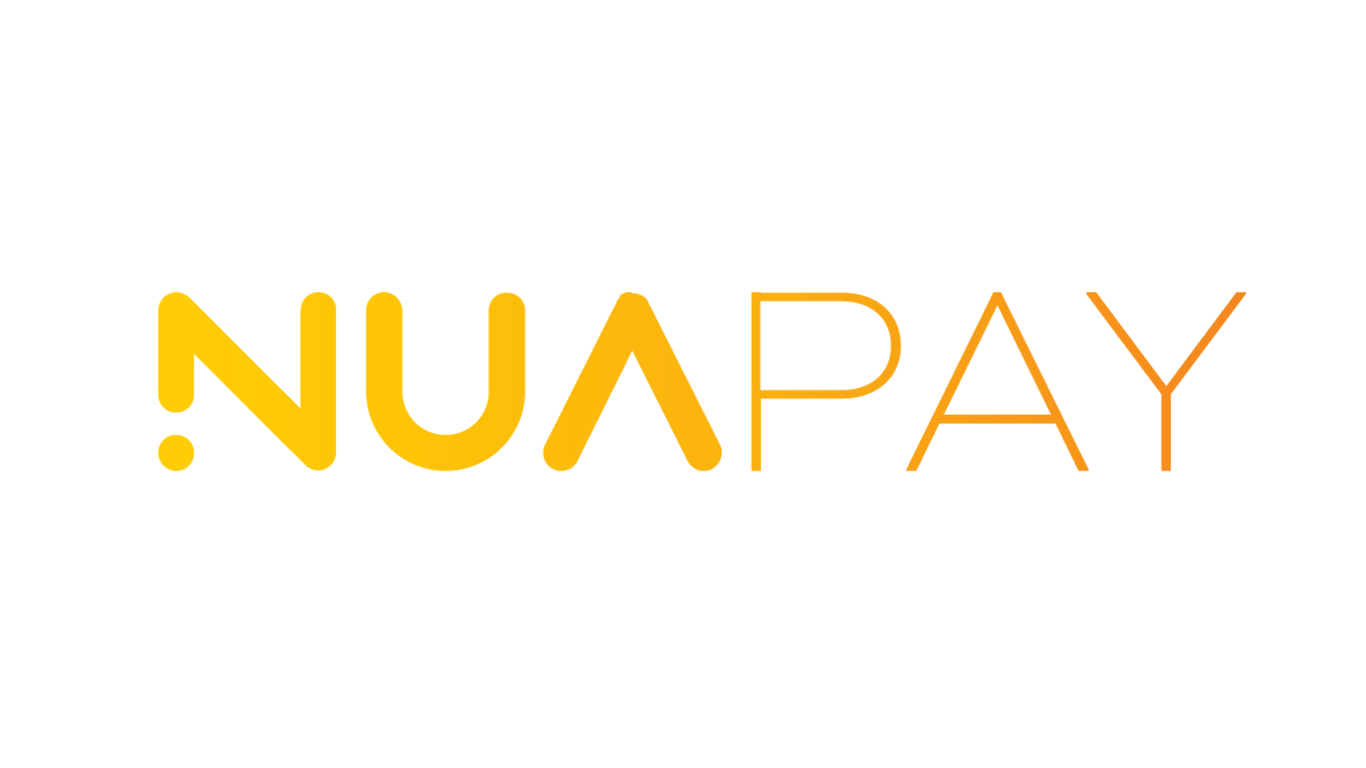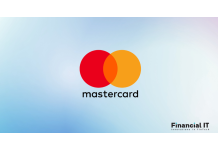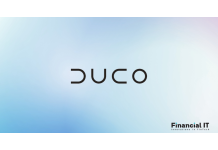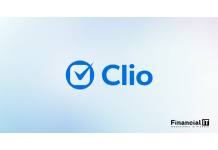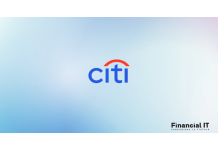Mastercard Access Pass Enables Partners to Forge...
- 26.11.2025 02:55 pm
Mastercard and L’Oréal to Transform the Future of...
- 26.11.2025 11:21 am
British Business Bank Publishes Five-Year Strategic...
- 24.11.2025 09:35 am
Duco Introduces Agentic Workspace
- 19.11.2025 12:15 pm
FIS Launches Innovative Asset Servicing Management...
- 10.11.2025 10:45 am
ClearBank Selects AutoRek to Drive Real-Time...
- 05.11.2025 10:05 am
Google Chooses European Fintech Embat for Exclusive AI...
- 03.11.2025 10:15 am
Project Nemo Wins Money20/20 Diamond Grand Prix as...
- 31.10.2025 02:45 pm
LoanTube Partners With Cubefunder to Deliver Human-...
- 28.10.2025 10:30 am
Clio Introduces the Next Chapter in Financial...
- 20.10.2025 04:15 pm
Citi Unveils Citi Stylus Workspaces With Agentic AI,...
- 22.09.2025 04:45 pm
Moniepoint Named Among UK’s Leading Fintech Companies...
- 18.09.2025 10:05 am

